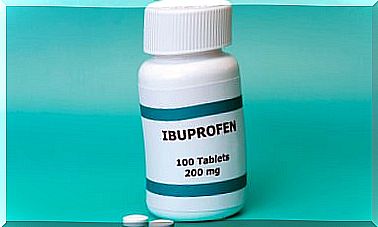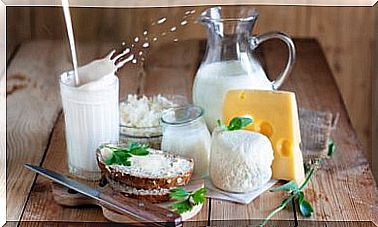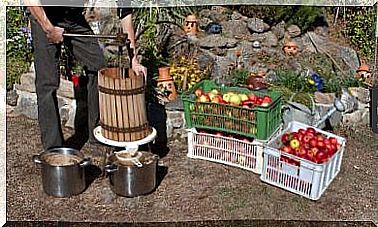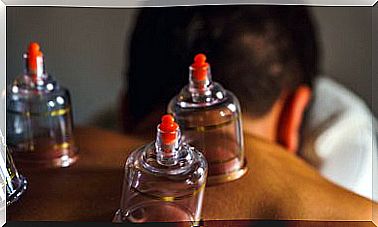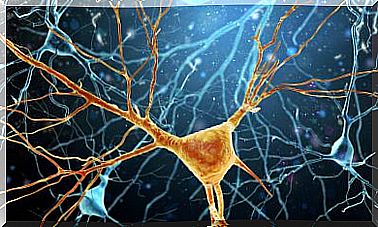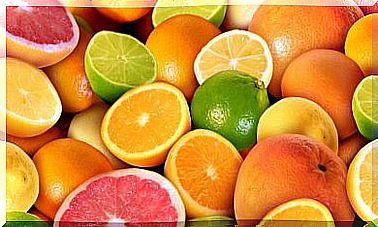What Foods To Avoid If I Have Fluid Retention
Fluid retention or edema is a very common problem. Its possible causes are:
- An unbalanced diet.
- The sedentary lifestyle.
- Not drinking enough water each day.
In many cases, people believe that they are accumulating fat but, in reality, it is that the body does not purify fluids properly.
In this article we tell you what foods you should avoid if you suffer from this disorder.
When is fluid retention?
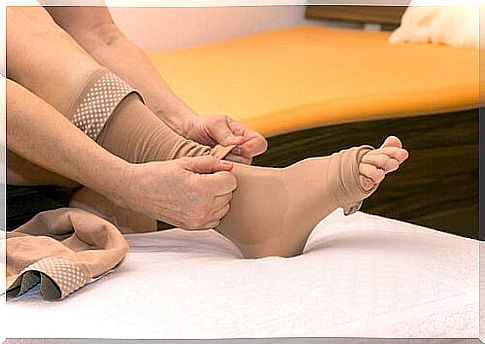
As a first measure, you should know that it is an accumulation of water in the body’s tissues, when an imbalance occurs between the forces that regulate the way fluids travel through the different areas of the body.
If we cannot remove the water, it accumulates in certain areas. The main factors that increase the problem are, according to this report by the Mapfre Foundation:
- Too much sodium in the diet.
- Bad circulation due to sedentary lifestyle.
- Hormonal imbalance
- Lack of exercise.
If you suffer from fluid retention, you can easily detect it, since you will gain weight and feel swelling in various parts of the body (especially the legs and ankles).
To do the test you just have to press the skin for a few seconds. If when you remove your finger there is a white mark that remains for a while, it is because you suffer from edema.
To avoid or reduce this watery imbalance in our body, it is necessary to eat a low-salt diet and increase the intake of diuretic beverages and foods (water, juices, vegetables, fruits, etc.).
It is also recommended to exercise at least 2 times a week.
What foods to avoid if I have fluid retention
When we have this problem, it is not enough to stop consuming sodium or exercising. It is necessary to avoid the intake of certain foods that have the ability to increase the amount of fluids in the body. Here are some of them:
Alcoholic drinks
- Although, when we consume them we go to the bathroom, the truth is that a good part of the components we eat accumulate in the body (including sugar).
- Alcohol causes fluid retention, according to this study from the Autonomous University of Madrid.
- A glass of wine a day is not a problem. You should not drink cocktails, beer or drinks with a high alcohol content several times a week.
Sausages
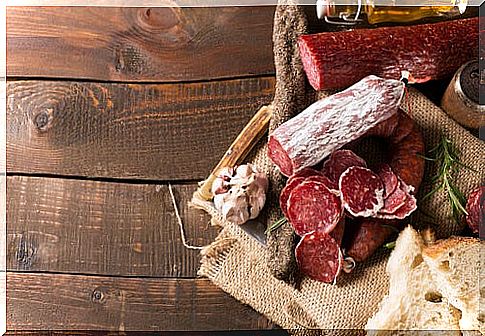
Being prepared with a high concentration of sodium and also being greasy, they cause fluid retention, according to this report from the Xunta de Galicia (Spain).
- When we eat sausages, we are also “covering” the walls of the arteries. We increase the chance of having a heart attack.
- In the same “group” we can place the overly salty cheeses that accompany the sausages in a typical “pica pica”, as well as sausages, cured ham and bacon.
Snacks
Potato chips (among other similar products) have too much salt that is used to enhance the flavor.
- They are also addictive foods that do not allow us to take care of ourselves or only eat a portion. We finished the whole bag!
- If at sunset you die for some snacks then we recommend that you choose: sunflower seeds, dried fruits such as walnuts or vegetable purees (chickpeas, aubergines, etc.).
Refined sugar
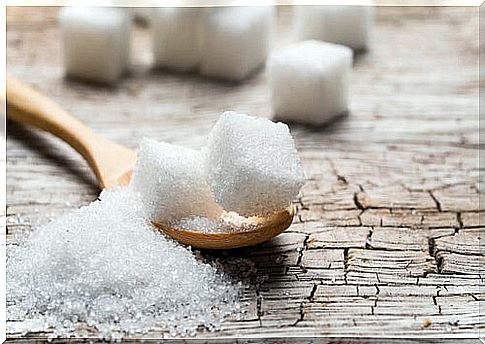
Many of the products we consume today have large doses of sugar or sweeteners.
- As with salt, if the body receives these components, it cannot properly eliminate fluids and causes swelling. In addition, according to this study by the Rey Juan Carlos University (Madrid), it can cause cavities.
- In these cases, it is advisable to reduce its consumption or look for more natural alternatives such as stevia, honey or cinnamon to flavor.
White flour
People who eat a diet consisting of pastas, pizzas, cookies, or breads are more likely to suffer from fluid retention and weight gain. This research carried out by the Spanish Society of Dietetics and Food Sciences ensures this.
- Refined flour provides carbohydrates. These accumulate in the body and do not allow the kidneys to work properly.
- These compounds, in turn, increase the amount of water by slowing down kidney function.
- Instead of eating white flour, we recommend that you choose whole wheat or reduce its consumption. You will see the results in no time.
Manufactured products

The breaded, frozen meals and all those foods already prepared have too much salt added in the process of preparation.
- The food industry uses sodium a lot to keep its products fresh or in good condition.
- We do not realize what we eat and, although we do not get them out when we eat them, we are promoting fluid retention with these meals.
Try to eat more homemade dishes, cook a little more (even a few times a week), and avoid manufactured foods.
This can be a difficult task because they have many ingredients that become “necessary” to combat anxiety or appetite but, little by little, you will get to eat better.
At the same time, it is necessary that you do not leave the food too much, neither when preparing it nor when consuming it.
- A good technique is not to bring the salt shaker to the table. By not being in front of the temptation it will be easier to avoid it.
- Another option is to season your dishes with natural herbs, lemon juice or olive oil. It will be healthier and richer, and you will have less risk of suffering from fluid retention or diseases.
What to consume if I suffer from fluid retention?
In addition to reducing or avoiding the intake of those foods that can increase bloating or sodium accumulation, we recommend that you take into account the following to prevent the problem:
- Water (between 2 and 3 liters a day).
- Natural sweeteners (stevia, agave).
- Fruits (watermelon, grapefruit).
- Herbal infusions (chamomile, green tea, mint).
Fluid retention can be treated, but it must be constant. If you notice that nothing is working for you and retention is high, consult a specialist immediately.
